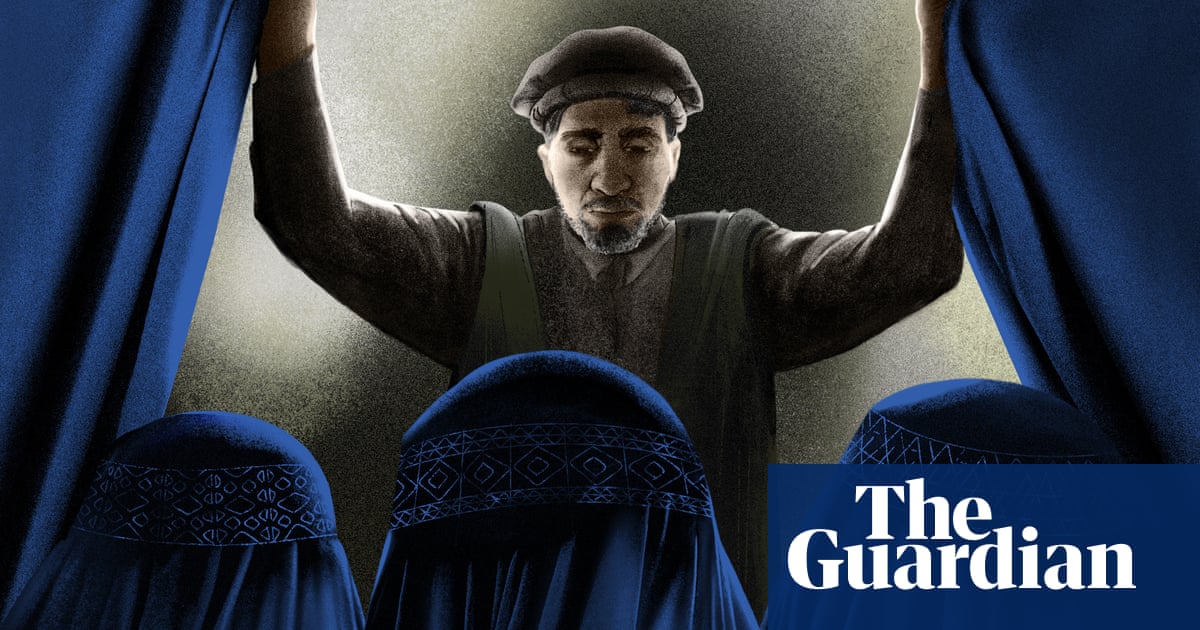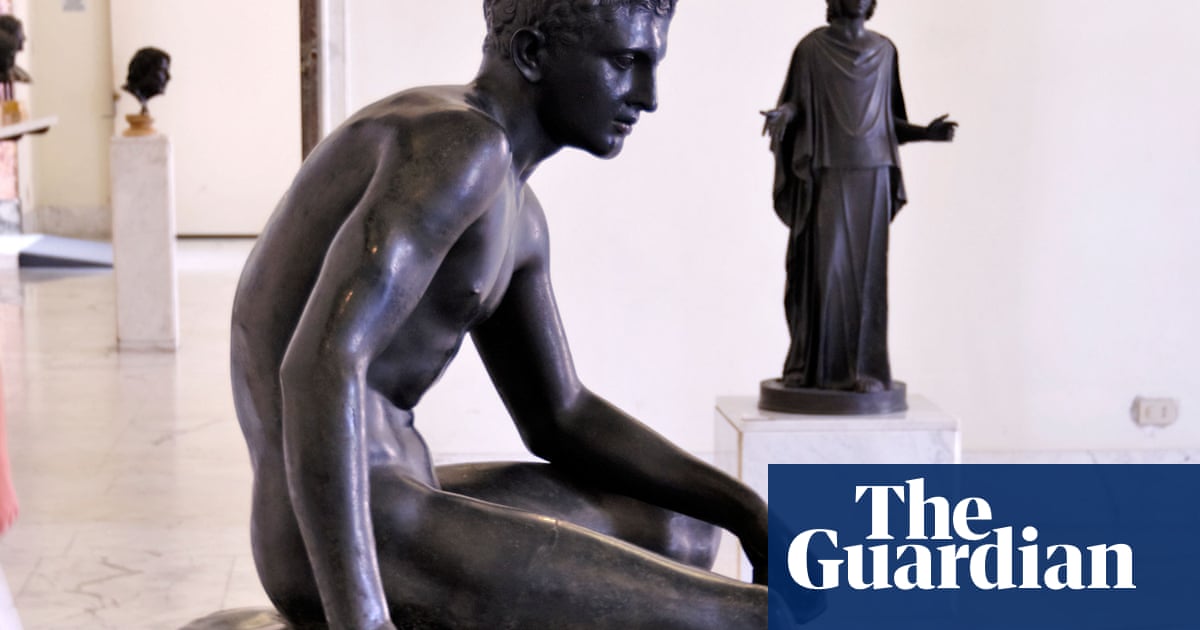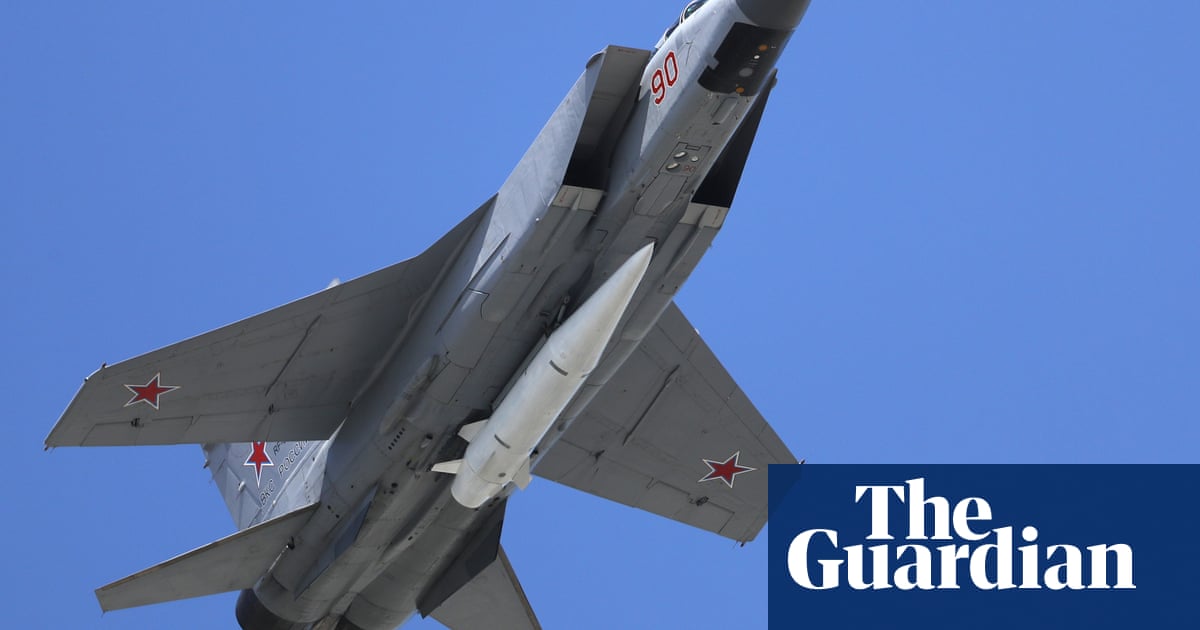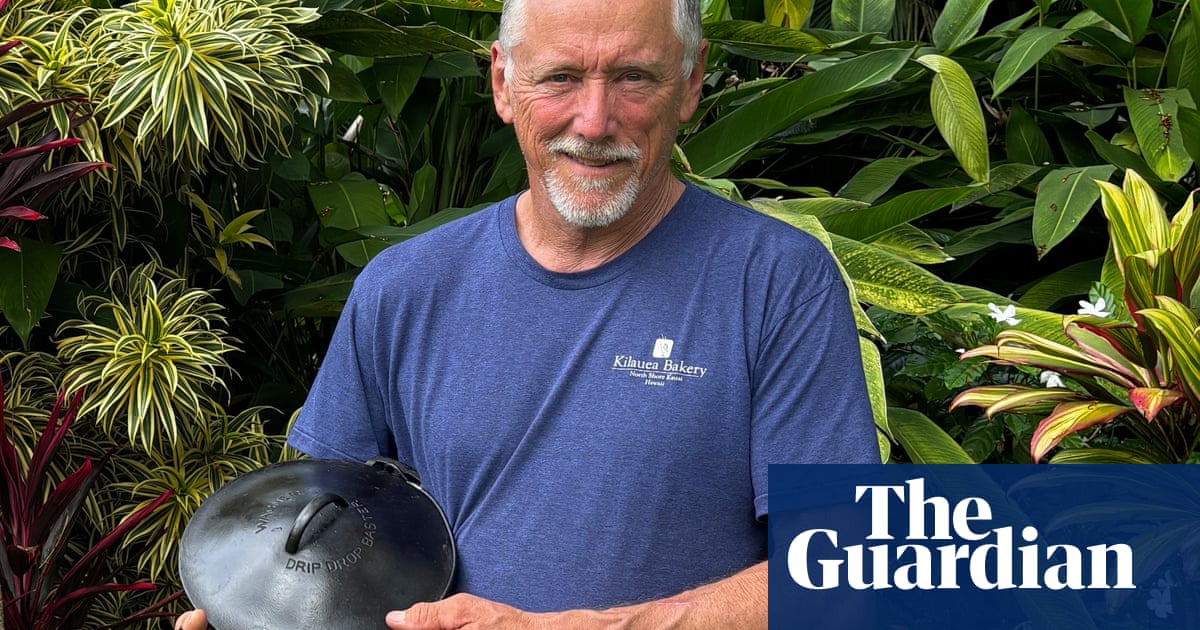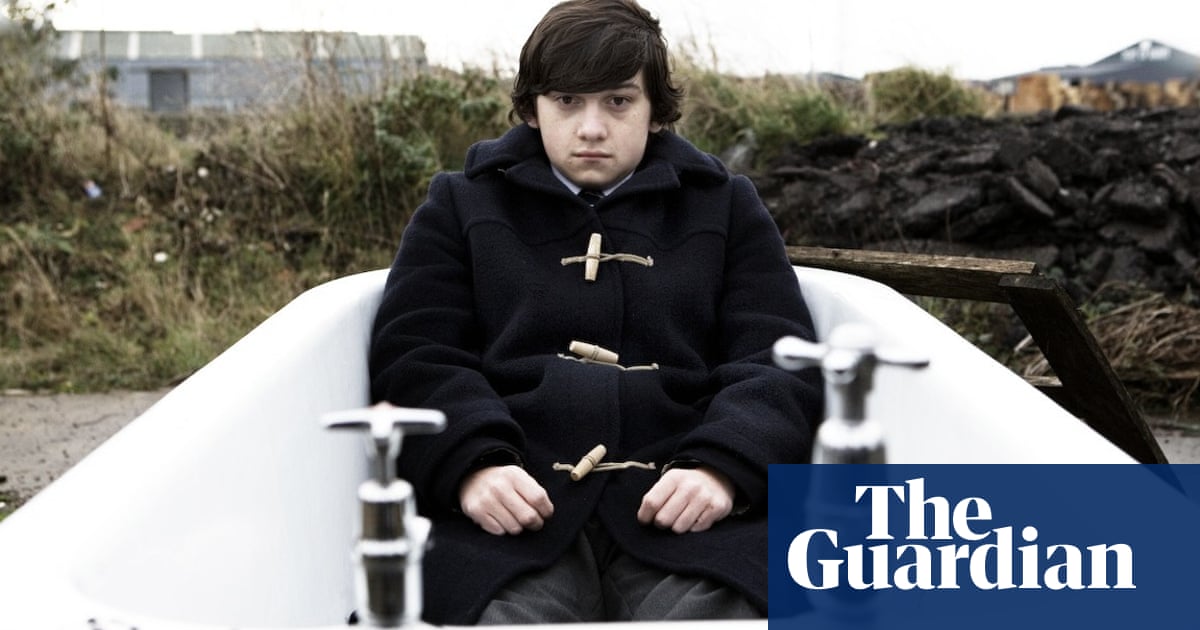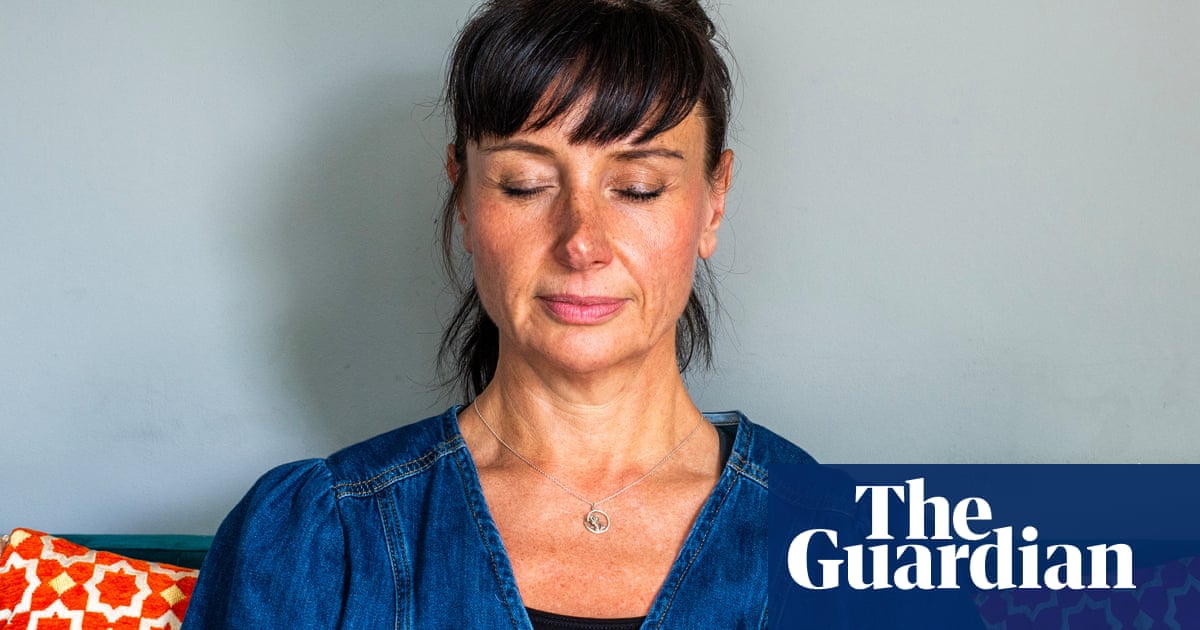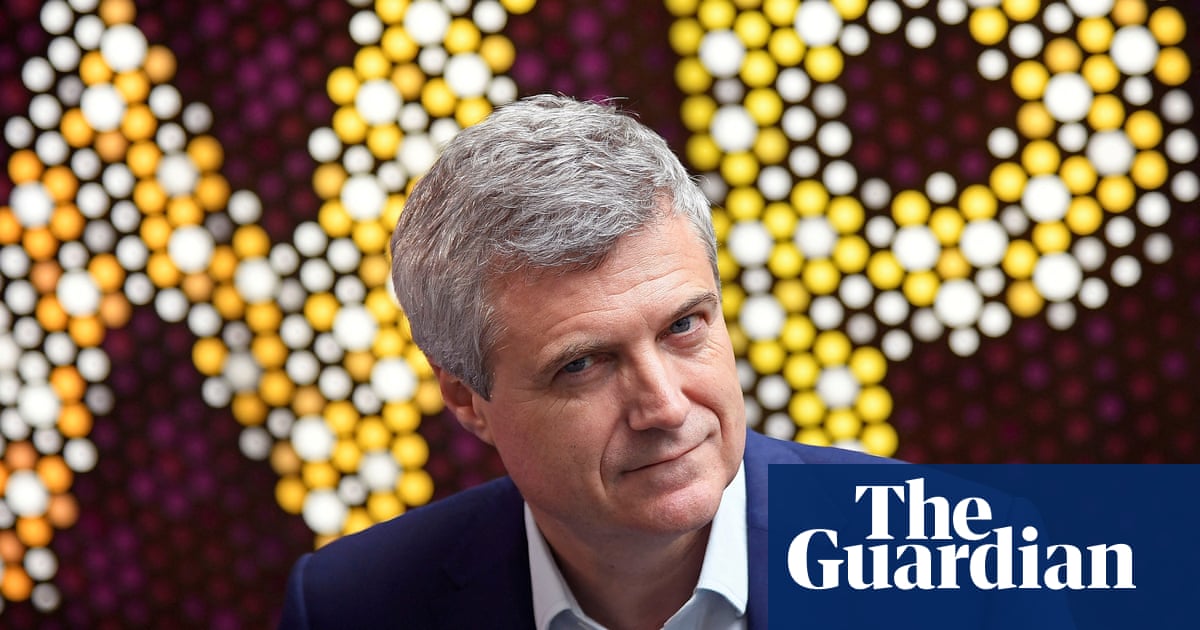Ivan Zabavskyi was looking for his mother when he disappeared.
It was September 2022, and he had grown increasingly nervous as he read reports of intense fighting in the area where Maryna lived. Eventually, he decided to cycle across the frontline to rescue her.
That was the last anyone saw of him, until he appeared in a courtroom in St Petersburg last month, accused of being a Ukrainian spy.
As Russia’s full-scale invasion reaches its three-year mark, Ivan and Maryna’s story of kidnapping, torture and separation is just one of hundreds of thousands of family tragedies that have afflicted Ukrainians across the country, both those who are serving in the armed forces and those who are not.
Thousands of Ukrainian civilians have been seized by Russian troops in occupied territory over the past three years. Some end up dead, many languish in black detention sites, while others, like Ivan, eventually turn up in Russian courtrooms on criminal charges.

Ivan was the type of person you could rely on if you were in a tight spot, friends and family agreed. He was “kind and good-hearted, maybe even a bit naive,” said his cousin, Yulia. Fiercely loyal to loved ones, he had always been close to his mother.
Maryna Zabavska was born in Tavilzhanka, a village in the Kharkiv region close to the border with Russia, to a Ukrainian father and a Russian mother from Leningrad. Ivan was born in 1995, and she raised him as a single parent, with help from her mother. The trio spoke Russian at home, and Ivan went to the same school in Tavilzhanka that his mother had attended two decades earlier.
When Ivan got older, he DJed on the weekends at the village nightclub, and later he opened a fast food kiosk, serving burgers and kebabs. His business struggled during the pandemic, and he moved to the metropolis of Kharkiv in the hope of making more money, so he could supplement the income his mother made as a cleaner. He dreamed of having a wife and children.
When the Russians rolled into the Kharkiv region during the first days of the full-scale invasion in February 2022, Tavilzhanka fell under occupation, while Kharkiv remained in Ukrainian hands. With no mobile reception in the occupied zone and no way to cross the lines, Ivan was cut off from his mother for months.
In September, during a surprise Ukrainian counteroffensive, Kyiv’s troops managed to push the Russians back almost to the border. Tavilzhanka became the new frontline. With fighting raging, Ivan could not handle the thought of his mother stuck in the midst of it all. He decided he was going to rescue her, whatever it took.
Just before setting out, he called his cousin Yulia to let her know. She begged him not to go, but he brushed her off. He told her: “I’m all she’s got and she’s all I’ve got. If something happens to her, I won’t be able to forgive myself.”
Ivan packed his car with loaves of bread to hand out on the way, in villages where people were emerging from months of living under occupation. He got as far as the home of Natalia, the mother of an acquaintance, who lived a few miles from Tavilzhanka. The Russians had blown up a bridge during their retreat, and there was no way to go any further by car. So he borrowed Natalia’s bicycle to go the last part of the journey.
“Wait here, I’m going to get my mum and then we’ll all go together to Kharkiv in my car, I’ll drive you to safety,” he told Natalia. He never came back.

What Ivan did not know – what he could not have known, as there was no telephone reception – was that his mother had left her village just before he set out on his journey.
For several days, artillery shells had whizzed over Tavilzhanka, some landing haphazardly amid the cottages. Maryna had hurried to her sister Tetiana’s house, two doors down from her, to take cover in the basement. Tetiana was 15 years older: she had worked as a TV engineer in the surrounding villages, doing house calls to fix faulty sets. The two sisters had lived side-by-side their whole lives. Now, they huddled together in the cellar, terrified by the muffled booms from outside.
Tetiana occasionally ventured outside to draw water from the well, or to cook food on a makeshift grill. On one of these excursions, a shell landed nearby and shards of shrapnel went flying. Maryna heard screams and came rushing up the stairs. She found Tetiana on the ground, covered in blood. She ran into the street in a blind panic and waved down a passing Russian tank. The vehicle ground to a halt and a suspicious soldier emerged from within. When he heard Maryna’s breathless story, he promised to call for medical help. But it never came. Tetiana’s screams of agony turned to moans, and then silence, as she bled to death over the next two hours. She was 63 years old.
In the relative quiet of the night, Maryna began to dig in Tetiana’s back yard. She shovelled earth for more than four hours, with one short break to regain her breath and composure, until she had created a shallow pit. She washed her sister’s body and dressed her in fresh clothes. Just before dawn, she dragged the corpse into the makeshift garden grave. “When I’d buried her, I pushed a stick into the ground and tied a purple scarf around it,” she said.
The next day, with the fighting still raging and shells flying, she finally made up her mind to flee the village. She headed in the only safe direction: into Russia. As soon as she picked up mobile reception, she tried to call Ivan, but his phone was off. Then she called another relative, who told her: “Ivan just left – he went looking for you.”
They had missed each other by a single day.

Maryna turned full-time detective, calling everyone she could get hold of in Tavilzhanka, which remained under Russian occupation. She quizzed all those who left the village in the subsequent weeks. Nobody had any news of Ivan.
She spent hours calling the information lines of various Russian official bodies to see if he had been taken prisoner. After a while, she travelled back to Tavilzhanka with a stack of printed posters featuring Ivan’s photo. She hung them around town, and questioned Russian soldiers on whether they had seen her son. They all said no.
Finally, she got a lead. An elderly woman recalled seeing Ivan being led away by two Russian soldiers. “Hello, I am Ivan Zabavskyi,” he had said to her, as he was marched past her, as if to send out a message for when his mother came looking.
But from there, the trail went dark. Maryna spent several months in Russia, travelling between army offices, police stations and government buildings, knocking on doors and asking for news of her son. In each new region, she was either politely rejected, laughed at, or simply ignored.
Eventually, she received a scanned letter by email, on Russian defence ministry paper. Ivan had been arrested “for opposing the special military operation”, it stated, and he was being held on Russian territory. There were no further details.
Maryna would later discover that her son had spent nine months in a black site prison in Russia’s Belgorod region. Thousands of Ukrainian civilians are held in this way, without the right to communicate with relatives and with no official criminal charges.
Later, in court, Ivan would describe the nine months he spent there as follows: “A day felt like a year or even an eternity. They beat you a minimum of twice a day, sometimes three times … lice simply devoured us.”
Eventually, he was transferred into the official Russian prison system, and formal espionage charges were filed against him. Rights advocates say those with criminal charges are often better off as they can receive packages and letters, and their families know where they are being held. Maryna even managed to have two short phone calls with Ivan. “I finally got strength again after hearing his voice,” she said.
In January, two years and four months after Ivan was seized on the street in his home village, he surfaced in a St Petersburg courtroom, for the verdict in his espionage trial.
When Ivan was a young boy, his Russian grandmother had told him stories about the grand palaces and beautiful canals of her home city. Now, he set foot there for the first time, hauled from a prison van to stand trial as an enemy spy.

In his latest appearance before the court, Ivan suggested that he had helped Ukrainian authorities with information about Russian army positions, although any confession obtained under torture cannot be considered reliable. But, he added, all his actions had been carried out with the sole goal of helping his mother, hoping for Ukrainian troops to liberate her village quickly so that she would be out of danger.
He asked the judge what she would have done had her own home city been occupied by foreign troops, and her own mother in danger. He told the judge: “A mother is something sacred, and if what I did helped even a tiny to bit to save her, I would do it again without thinking, just so that she might stay out of harm.”
In his final words to the court, as relayed by a website run by a group of Russian defence lawyers, Ivan also spoke of the abuses to which he had been subjected during the nine months before he was transferred into the official prison system.
He said: “I am alive, but it would have been better if they had killed me. The electric shocks, the rubber batons. My legs were turned into traffic lights, one set of bruises fading as another set appeared. Every day like this: torture, interrogations. For nine months. I beg you to take into consideration the hell that I have been through, and to hold to account those who allowed this to happen, so that people no longer have to go through such horrors.”
The judge found Ivan guilty of espionage, and sentenced him to 11 years in prison.

Tavilzhanka remains under Russian occupation, and Maryna cannot return to the house where she spent the first 48 years of her life. She now lives alone in a modest cottage on the outskirts of Kharkiv, the home of an elderly acquaintance who moved to Denmark with her family to escape the war.
Occasionally, a happy memory brings a smile to her lips: the forest walks she used to take with Ivan; the knack he had of cheering her up when she was grouchy; the way he’d pull out a plastic bag, rustle and twist the top, and then proffer it to her as though it were a bouquet of flowers. More often, her moods are darker, as she sits in the chilly, unfamiliar home, surrounded by piles of her handwritten letters and smaller stacks of typed, formulaic responses. Some mornings, she cannot bear to get out of bed to face another long and lonely day.
Maryna keeps herself going by writing more letters: to Ukrainian ministries, to Russian ministries, to foreign leaders and at least once a month to president Volodymyr Zelenskyy. All of the missives have the same core request: please help me get my son back. She dares to hope that the current talk of a peace deal brokered by Donald Trump might mean the return of Ivan and many others like him. But it is not clear if civilian detainees would be included in a possible “all for all” prisoner swap. It is possible that Russia would insist that because they have been convicted of supposed crimes, they are in a different category to prisoners of war.
That criminal status was bestowed on Ivan by an occupying power that kidnapped him from Ukraine, tortured him, and then dragged him into a courtroom in a foreign city. He was found guilty of spying on behalf of a homeland he had never left.
“He was born and raised in Tavilzhanka, he went to school in Tavilzhanka,” said Maryna, shaking her head. “And in this same Tavilzhanka, he was arrested for being a spy. It’s all just so absurd.”
Additional reporting by Artem Mazhulin

 3 months ago
63
3 months ago
63






